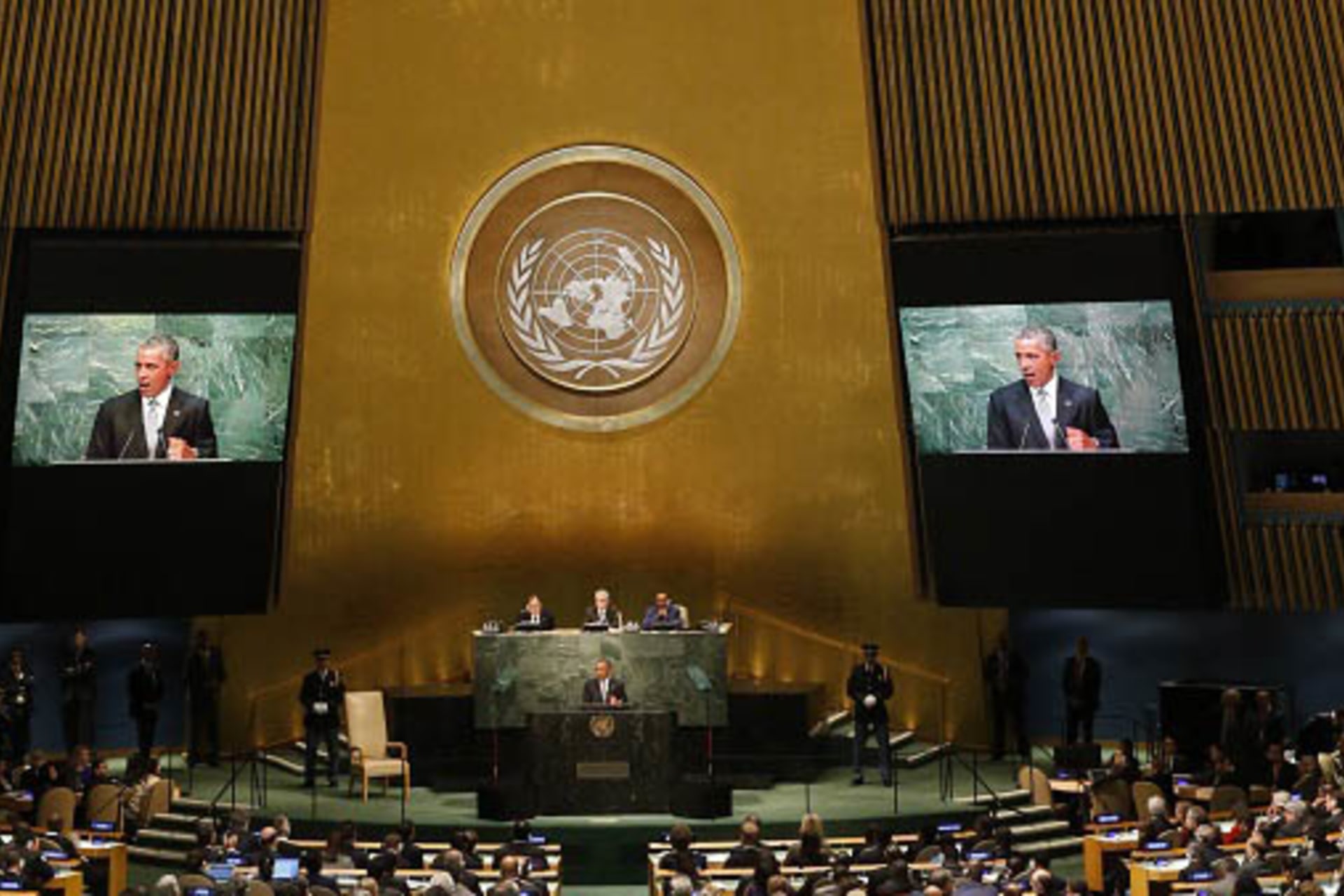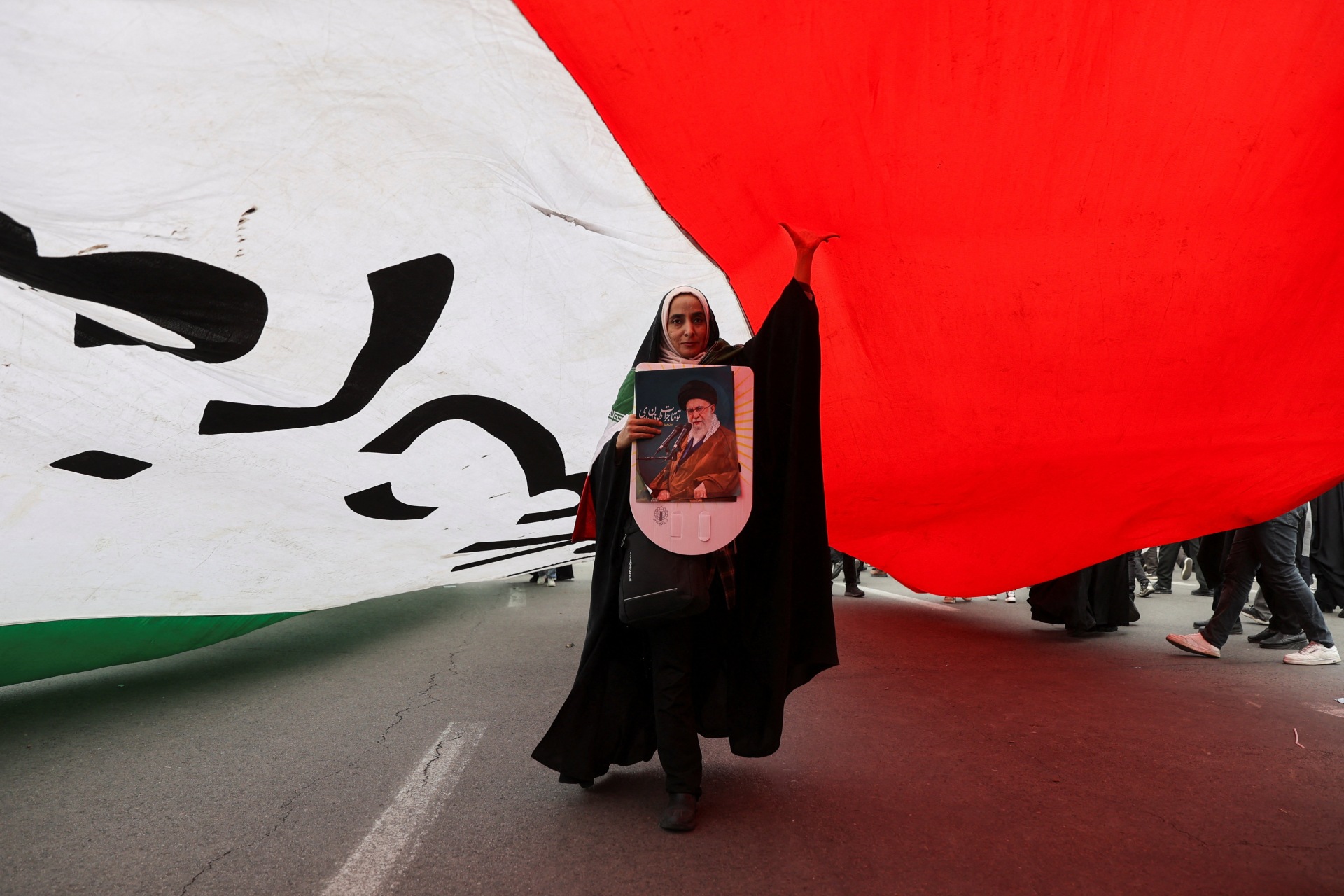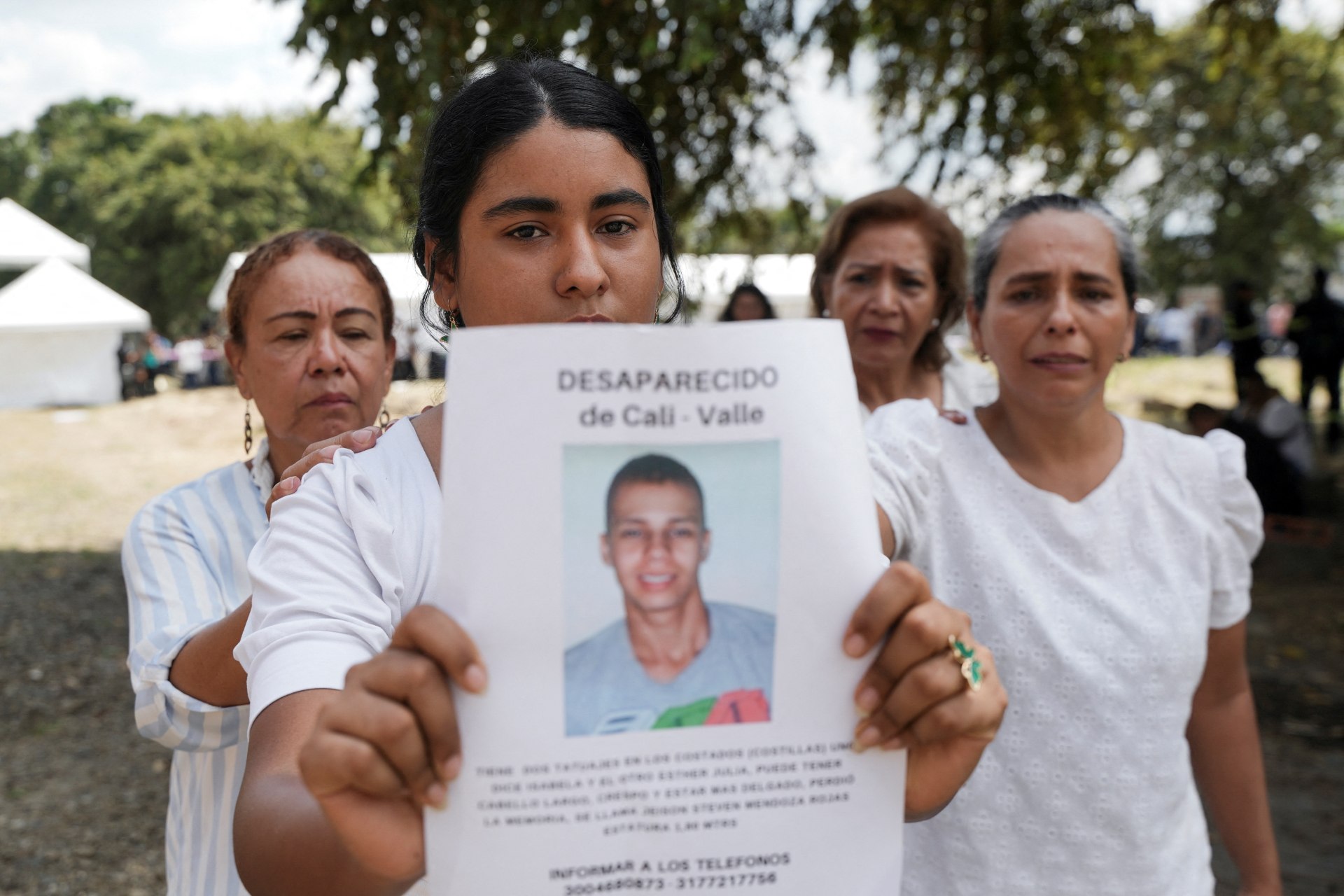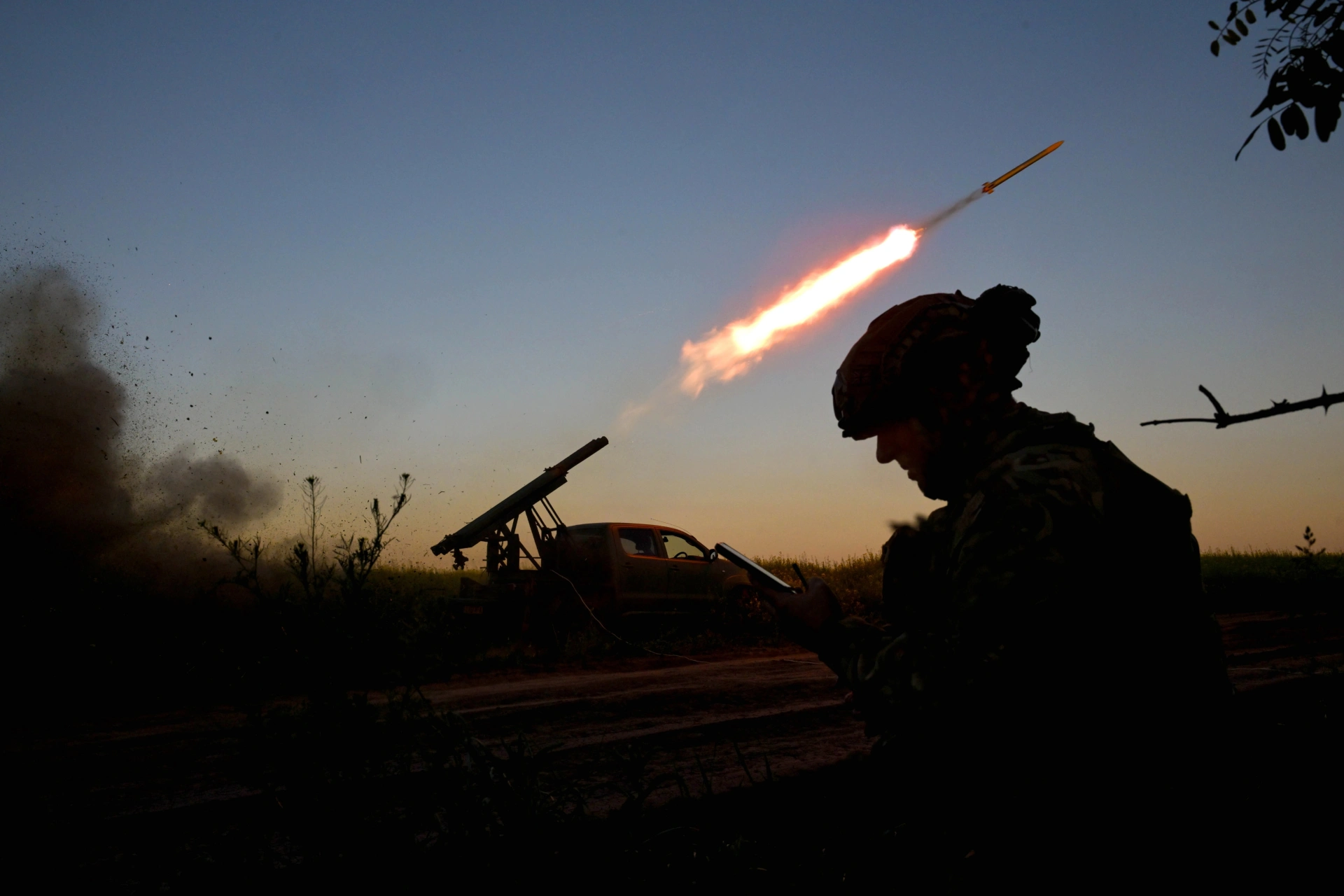Challenging Multilateralism and the Liberal Order
Insights From a CFR Workshop

BY
- International Institutions and Global Governance Program
Overview
Globalization has intensified the need for global cooperation, but the current global order is fraying. New forms of competition—for example, Russia in Ukraine and China in the South China Sea—are making international cooperation more difficult and will continue to do so. Despite their benefits, technological progress and advancements in the human lifespan create challenges to national growth and prosperity. Faltering economic growth also generates new challenges to global order. The collective ability to sustain and secure desired outcomes in global governance—from protecting the global commons to alleviating poverty—is far more limited today than in the past. Moreover, domestic politics, especially in the United States, threaten to undermine international stability.
On May 13 and 14, 2016 the Council on Foreign Relations’ International Institutions and Global Governance program, the Stanley Foundation, the Global Summitry Project at the University of Toronto’s Munk School of Global Affairs, the Brookings Institution, and the Project on the Future of Multilateralism at Princeton University held the sixth Princeton workshop on global governance. The workshop convened scholars and former policymakers to examine the state of global governance and consider how to correct its shortcomings. The report, which you can download here, summarizes the discussion’s highlights. The report reflects the views of workshop participants alone; CFR takes no position on policy issues.
Framing Questions for the Workshop
Measuring Progress in Multilateralism
How do we assess today’s multilateralism? Is the voluntary process of the Paris climate agreement really better than a broad, multilateral rules-based approach? What functions can we expect the United Nations (UN) Security Council to perform in an era of greater geopolitical competition? What can we expect of informal networks such as the Group of Twenty? Is the International Court of Justice case on the South China Sea a win for the rules-based order? Or does the international legal approach have unintended consequences? How do we attain the long-term objectives of the liberal order?
Assessing Alternative Global Orders
Can we identify the various visions of global-order governance and their consequences for global governance? Which approaches are likely to enhance stability in the global order? Which ones are more likely to generate tension and conflict?
The Crisis of European Integration
What lessons can we draw from Europe for multilateralism, the pooling of sovereignty, and transnational governance? What will a more fractured and closed Europe mean for global governance and the global order?
A Divided Global Economic Order
Is there a consensus on the future of the global economy? The United States has finally approved the International Monetary Fund (IMF) reforms, the IMF has approved the inclusion of the Chinese renminbi in the Special Drawing Right basket, and some progress has been made in financial reforms since the 2008 global financial crisis. But is this sufficient? Meanwhile, the use of financial power as a geopolitical weapon has led some to question whether the global financial system is too tilted in the West’s favor. Do related developments add up to significant divergence in the global economic order? Or is it possible, even likely, to maintain and strengthen a single global economic order that all major powers can have confidence in?
Multilateral Cooperation Strategy in the Middle East
What form should diplomacy take? What is the supporting role of military power? What can the multilateral community, including the UN Security Council and the regional powers do to mitigate the spreading conflict? Can collective action be taken to address the humanitarian crisis that threatens Syria and extends far beyond? Are current alliances and borders appropriate to a sustainable regional order? Is such a strategy even likely to succeed? If not, should the West and allies be looking at ways of retrenchment and managing the symptoms of the region’s conflicts?
U.S. Grand Strategy
Many experts and policymakers now argue that convergence has failed and has been replaced by a dramatic divergence in models of governance and in foreign-policy objectives. If so, what adjustments can or should the United States make? Should the next administration accept the reality of geopolitical competition and build a global order accordingly; or should it, can it, forge ahead with an amended form of the responsible stakeholder approach, creating a stable global order on the basis of greater collaboration and collective global governance?t





